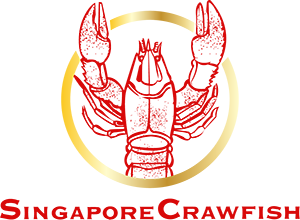Recirculating Aquaculture Systems (RAS) are becoming increasingly popular for aqua farming due to their numerous advantages. Here are some key benefits:
1. Water Conservation:
RAS significantly reduces water usage compared to traditional aquaculture. By recirculating and filtering water, these systems can use as little as 1-10% of the water that conventional systems require.
2. Environmental Protection:
Since RAS minimizes water discharge and pollution, it reduces the impact on surrounding ecosystems. This makes it easier to manage waste and prevents nutrient loading in natural water bodies.
3. Controlled Environment:
RAS allows for precise control of water quality parameters (temperature, pH, oxygen levels, etc.), leading to optimal growth conditions for fish and reducing stress-related health issues.
4. Disease Management:
The controlled environment helps prevent the spread of diseases. With proper biosecurity measures, disease outbreaks can be minimized, resulting in healthier fish populations.
5. Higher Stocking Densities:
RAS can support higher densities of fish due to the improved water quality and management, leading to increased productivity and efficiency in space utilization.
6. Year-Round Production:
With controlled conditions, RAS allows for year-round fish production, independent of seasonal changes. This can lead to more consistent supply and improved economic stability.
7. Reduced Land Use:
These systems can be implemented in smaller spaces, making them suitable for urban settings or areas with limited land availability.
8. Sustainability:
RAS can utilize alternative feed sources, including by-products and plant-based feeds, contributing to more sustainable aquaculture practices.
9. Research and Development:
The controlled nature of RAS provides a great opportunity for research and development in fish breeding, nutrition, and health management.
10. Reduced Transportation Costs:
By situating RAS facilities closer to markets, the need for long-distance transportation is reduced, resulting in lower carbon footprints and fresher products.
In summary, Recirculating Aquaculture Systems offer a sustainable and efficient approach to fish farming, balancing productivity with environmental stewardship.






.webp)